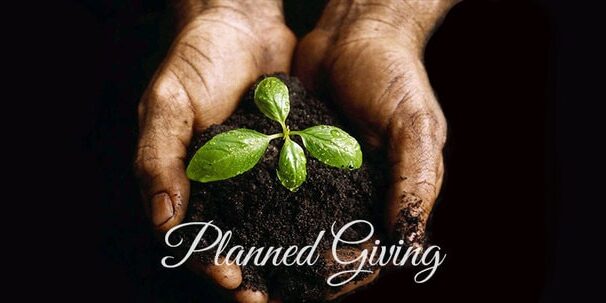International Women’s Day
“Nothing in the world will change until the situation of women changes.”
—– Joan Chittister, OSB, in an interview with Oprah on March 1, 2015
 Sister Joan’s words of wisdom are why we celebrate International Women’s Day each March 8.
Sister Joan’s words of wisdom are why we celebrate International Women’s Day each March 8.
The day is to remember, honor and celebrate the struggles for change made by our 19th and early 20th century foremothers, and to re-energize us to continue our efforts for gender equality.
Alice Paul, Elizabeth Cady Stanton, Susan B. Anthony, Sojourner Truth, Ida B. Wells, Jane Addams and the many other ordinary women risked reputation, discrimination and even imprisonment for speaking up and out for the change necessary to bring about women’s full humanity. Women in the 21st Century can do no less.
The United Nations officially began celebrating International Women’s Day on March 8, 1975, as part of The International Women’s Year. Since those early years, International Women’s Day has assumed a new global dimension for women in developed and developing countries alike.
When women and girls make up about half of our global population, but make up two-thirds of the 1.4 billion who live in extreme poverty, one understands the need for the United Nations to bring attention to this problem.
The growing international women’s movement has been strengthened by four global United Nations women’s conferences: Mexico City in 1975, Copenhagen in 1980, Nairobi in 1985 and Beijing in 1995.
The Beijing Conference, which I attended as one of the 8th Day Center for Justice UN_NGO representatives, had some 30,000 non-governmental activists attending a parallel forum held in Hairou, China, an hour bus ride from Beijing.
 This forum, an extraordinary experience of a lifetime, kept the pressure on the United Nations official conference with networking, organizing and lobbying for a progressive agenda addressing every aspect of gender equality.
This forum, an extraordinary experience of a lifetime, kept the pressure on the United Nations official conference with networking, organizing and lobbying for a progressive agenda addressing every aspect of gender equality.
By the time the conference closed, it had produced the United Nations Beijing Platform for Action, which will be reviewed at this year’s Beijing+20 United National Conference in New York, beginning on March 8.
What the women of Beijing and the suffragists before them teach us is that the situation for women will change only when those most affected by inequality and we their allies commit to being part of the solution for change.
When Oprah asked Sister Joan at the end of her interview, “What can one do about the many injustices endured by women,” Joan’s response was simply, “Something. Each of us can do some one thing to change the situation.”
Let’s commit this International Women’s Day to simply do “some thing.”
May It Be So!



Amen! Amen!